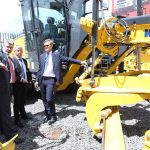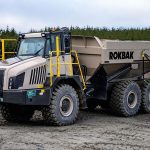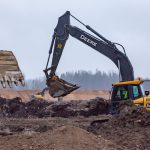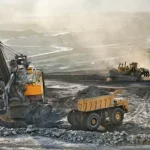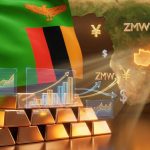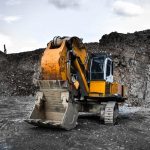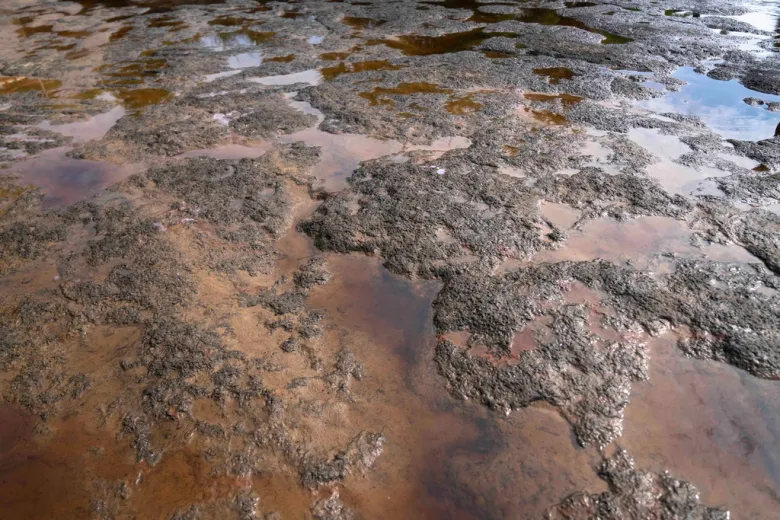In the heart of the Democratic Republic of Congo (DRC), Adore Ngaka faces a daily reminder of his losses as he gazes down the road from his home at the looming oil drills. The expansion of oil extraction near his village in western Congo has left a trail of devastation: polluted soil, withered crops, and financial strain as his family struggles to survive.
Ngaka, a 27-year-old farmer, gestures toward a stunted ear of corn in his garden, a stark symbol of the impact. He recalls how, nearly a decade ago, his harvests were twice the size they are now, before oil operations encroached on his village of Tshiende.
“The situation is pushing us into poverty,” he laments.
Congo, endowed with vast mineral resources, also holds significant oil reserves. While drilling activities have been limited to a small coastal area and offshore sites, plans to expand operations across the country through the auctioning of 30 oil and gas blocks raise concerns. While government officials emphasize economic growth as vital for the nation’s development, voices from affected communities, rights organizations, and environmental advocates warn of the potential harm to landscapes and public health.
Since the commencement of drilling by Perenco, a French-British oil company, in Moanda territory in 2000, local residents report worsening pollution. Spills, leaks, and the flaring of natural gas near drilling sites have degraded the environment and affected the health of nearby communities. Criticism mounts against the Congolese government for its perceived lack of oversight in regulating these activities.
Perenco maintains that its extraction methods adhere to international standards and pose minimal health risks. The company claims to have offered support for a power plant utilizing natural gas to reduce flaring, although government response to the proposal remains unclear.
Amidst Congo’s lush rainforests and expansive peatlands—significant carbon sinks contributing to global climate regulation—concerns escalate over the auctioning of oil blocks overlapping with protected areas. Environmental groups stress the adverse local and global consequences of expanding fossil fuel extraction.
“Every new oil and gas project exacerbates the climate and environmental crises,” asserts Mbong Akiy Fokwa Tsafak of Greenpeace Africa, underscoring the need to prioritize renewable energy alternatives.
While Congo holds potential for renewable energy development, including solar and small-scale hydropower, the government emphasizes the country’s ongoing reliance on fossil fuels. This stance, according to Minister of Hydrocarbons Didier Budimbu, is a transitional phase towards eventual reduction.
In Moanda, where biodiversity thrives alongside oil extraction, concerns persist over Perenco’s environmental impact. Reports of pollution, spanning over a decade, have led to legal action against the company. Despite Perenco’s investments in local infrastructure and services, residents lament insufficient compensation for damages incurred.
The challenges of oil drilling extend beyond environmental concerns to include social and economic repercussions. In villages like Kinkazi, where livelihoods are intertwined with agriculture, oil-related pollution threatens food security and health. Allegations of chemical dumping by Perenco underscore community grievances and the complexities of corporate accountability.
In the face of these challenges, Congo grapples with attracting bidders for oil and gas blocks amidst conflict and transparency issues. Local advocacy groups stress the need for accountability and community engagement before further expansion.
As Congo navigates its resource-rich landscape, the delicate balance between economic development and environmental stewardship remains a pressing concern. In villages like Kimpozia, where basic services are scarce, the decision to permit drilling reflects the precarious choices confronting marginalized communities in pursuit of progress.

